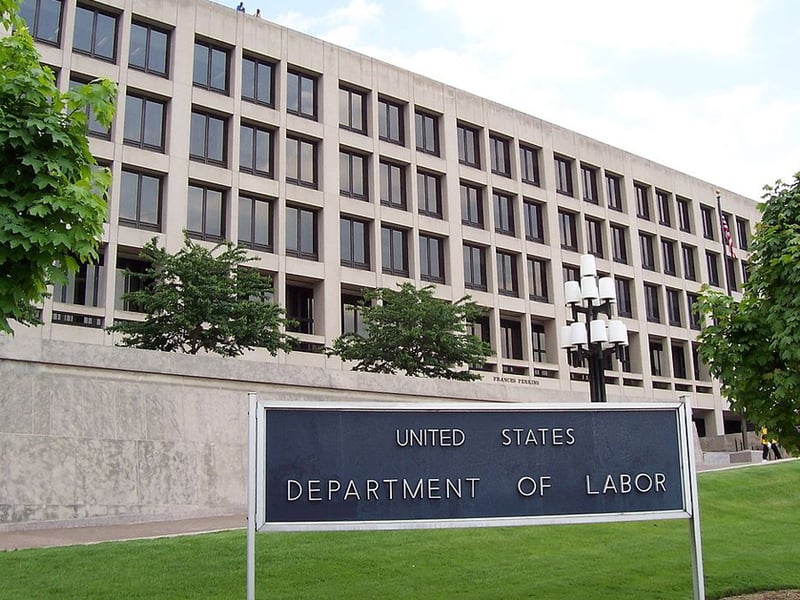

Despite overwhelming negative reaction to a proposal that could curb socially responsible investing for retirement saving, the Department of Labor is likely to stay on a fast track with the measure.
A recent study by US SIF: The Forum for Sustainable and Responsible Investment, along with several other organizations, shows 95% of the nearly 8,700 comment letters expressed opposition to the proposal. The measure would place restrictions on the use of investments with environmental, social and governance criteria in defined contribution retirement plans, such as 401(k)s.
The DOL introduced the proposal in late June and set a 30-day deadline for comments. The agency is on a tight timeline to complete the rulemaking before the end of the Trump administration’s first term.
The DOL is not likely to modify the proposal, experts said.
“I do not expect this DOL to change it,” said Brian Graff, chief executive of the American Retirement Association. “I expect them to finalize this relatively soon.”
The tight comment period reflects the pace the agency wants to maintain, said Bryan McGannon, director of policy and programs at U.S. SIF. “I don’t anticipate they’ll make substantive changes, but we’ll have to wait and see how they decide to move forward,” he said.
A DOL spokesperson said the agency does not comment on public feedback or possible changes during the rulemaking process.
As the agency advances the proposal, it will have to review the voluminous comments and respond in the final rule to the criticism.
“This is not a task that can be done quickly,” said Jon Hale, director of sustainable investing research at Morningstar. “I think that’s a big challenge for DOL.”
Glossing over the comments could bring negative consequences for a final rule. “If they don’t address the issues raised by commenters, then they’ll be exposed to litigation risk,” McGannon said.
Under the proposal, plan fiduciaries are instructed not to make investment decisions that promote ESG goals above achieving the highest return possible for retirement savers.
The passionate reaction to the proposal was spurred in part by the way ESG investing was characterized in the measure, Hale said. It made it sound as if ESG was politically driven.
“Nothing could be further from the truth,” Hale said. “The reason the practice of ESG is so widespread is the recognition that environmental and social issues are material to the evaluation of an investment.”
Under normal circumstances, the proposal would probably be withdrawn in the face of massive opposition, Hale said. But the politics surrounding ESG make the current situation different.
The fate of an ESG rule could change if Democratic presidential nominee Joe Biden prevails over President Donald Trump in the election.
“If there’s a change in administration, there is a virtual certainty they’ll revisit [the ESG rule],” Graff said.

The looming threat of federal funding cuts to state and local governments has lawmakers weighing a levy that was phased out in 1981.

The fintech firms' new tools and integrations address pain points in overseeing investment lineups, account monitoring, and more.

Canadian stocks are on a roll in 2025 as the country prepares to name a new Prime Minister.

Carson is expanding one of its relationships in Florida while Lido Advisors adds an $870 million practice in Silicon Valley.

The approval of the pay proposal, which handsomely compensates its CEO and president, bolsters claims that big payouts are a must in the war to retain leadership.
RIAs face rising regulatory pressure in 2025. Forward-looking firms are responding with embedded technology, not more paperwork.
As inheritances are set to reshape client portfolios and next-gen heirs demand digital-first experiences, firms are retooling their wealth tech stacks and succession models in real time.
